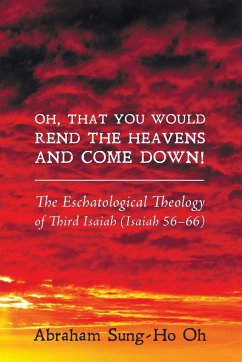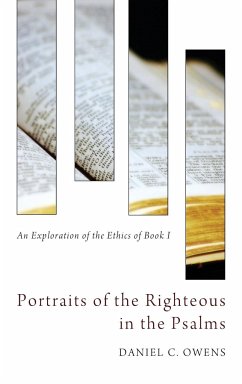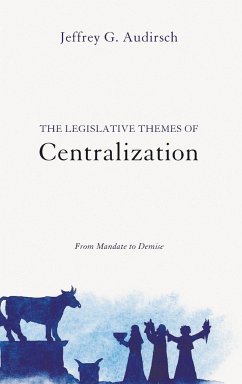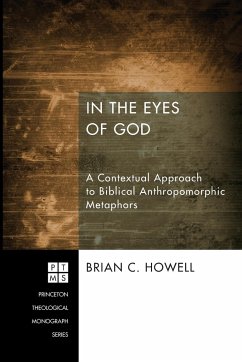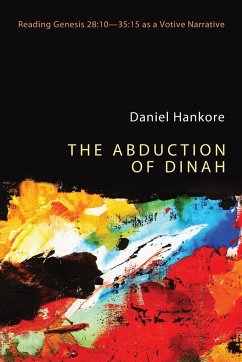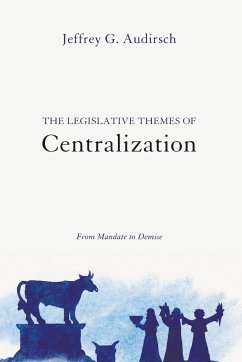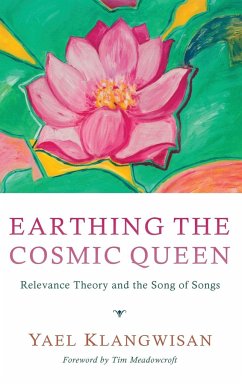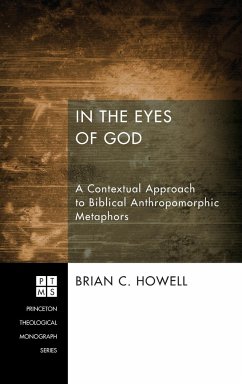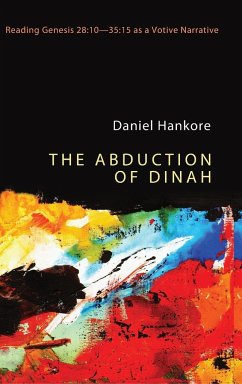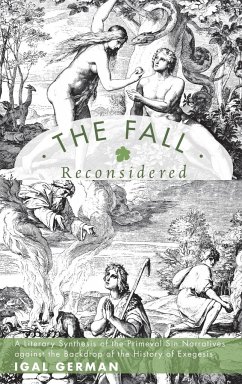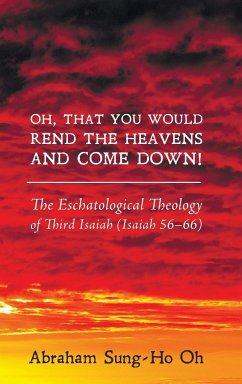
Oh, That You Would Rend the Heavens and Come Down!
Versandkostenfrei!
Versandfertig in 1-2 Wochen
39,99 €
inkl. MwSt.
Weitere Ausgaben:

PAYBACK Punkte
20 °P sammeln!
Historical-critical scholars have often thought that writing a coherent theology of Isaiah 56-66 is impossible because it contains such historically and ideologically diverse materials. However, a canonical approach to the chapters is open to considering Third Isaiah as a complex but coherent theological unity. Leaning on this approach, this book attempts to construct a theology of Isaiah 56-66. Arguing that the theology of Third Isaiah has eschatology (both prophetic and apocalyptic) at its core, it identifies four major themes and explores their significance through four key texts (56:1-8; 5...
Historical-critical scholars have often thought that writing a coherent theology of Isaiah 56-66 is impossible because it contains such historically and ideologically diverse materials. However, a canonical approach to the chapters is open to considering Third Isaiah as a complex but coherent theological unity. Leaning on this approach, this book attempts to construct a theology of Isaiah 56-66. Arguing that the theology of Third Isaiah has eschatology (both prophetic and apocalyptic) at its core, it identifies four major themes and explores their significance through four key texts (56:1-8; 59:15b-21; 60:1-22; 65:13-25). The covenant concept (56:1-8) forms a framework for the eschatology in these chapters. People are invited to walk in the covenant, which is worked out as eschatological salvation. The coming of YHWH as the Divine Warrior initiates the eschatological era (59:15b-21) and, bringing judgment, restores the covenant. As the Temple-city-paradise (60:1-22) into which the nations flow, the glorified Zion is the eschatological fulfilment of the covenant, Zion, and Servant traditions. The New Heavens and Earth (65:13-25) is a return to the primordial paradise, where the natural world is restored, as the problem of sin is resolved. ""This is a valuable contribution to the study of Isaiah. It is at once thorough, scholarly, and original. It focuses on the last eleven chapters of Isaiah and demonstrates their dependence on the Sinai covenant as it is presented in Exodus and Deuteronomy. Its argument is tight and detailed and reacts not only with English-speaking scholarship but also with German literature as well. Commentators, preachers, and students of the book of Isaiah will find much in this work to enrich their understanding of that great prophecy."" --Gordon Wenham, Trinity College, Bristol, UK ""The dominant interest in the study of Isaiah 56-66 in recent years has been in tracing the historical and literary evolution of this complex text. Abraham Oh is to be congratulated on exploring whether this text can also represent a coherent theology. His discussion of how significant theological themes refer to the past and future is valuable, as is his examination of how we might relate the text to key interpretive categories such as eschatology, apocalyptic, and myth."" --Philip Jenson, Ridley Hall, Cambridge, UK Abraham Sung-Ho Oh is Assistant Professor of Old Testament at ChongShin Theological Seminary and Co-operative Pastor of NaeSooDong Church in Seoul, Korea.




